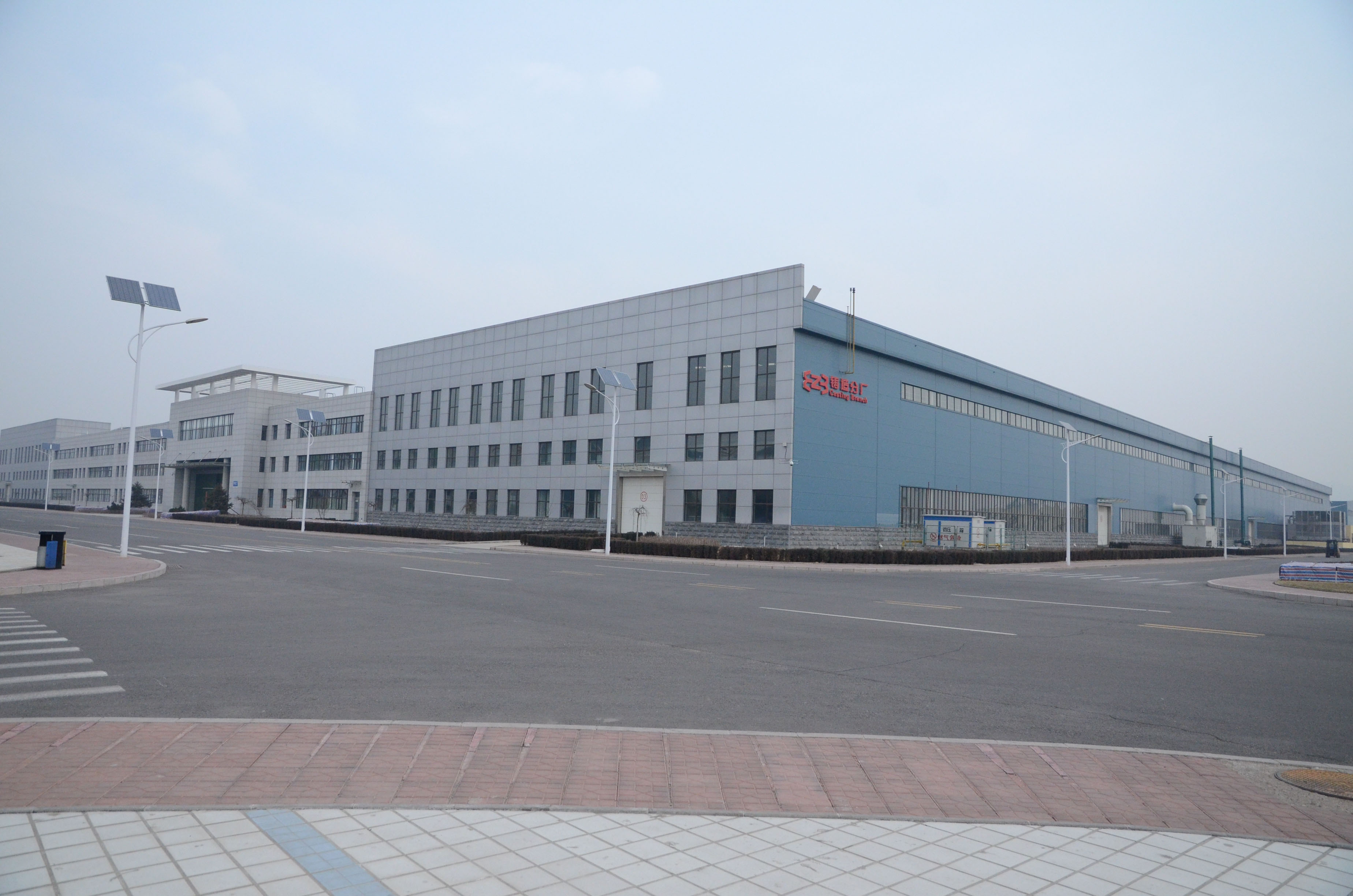- Afrikaans
- Albanian
- Amharic
- Arabic
- Armenian
- Azerbaijani
- Basque
- Belarusian
- Bengali
- Bosnian
- Bulgarian
- Catalan
- Cebuano
- China
- China (Taiwan)
- Corsican
- Croatian
- Czech
- Danish
- Dutch
- English
- Esperanto
- Estonian
- Finnish
- French
- Frisian
- Galician
- Georgian
- German
- Greek
- Gujarati
- Haitian Creole
- hausa
- hawaiian
- Hebrew
- Hindi
- Miao
- Hungarian
- Icelandic
- igbo
- Indonesian
- irish
- Italian
- Japanese
- Javanese
- Kannada
- kazakh
- Khmer
- Rwandese
- Korean
- Kurdish
- Kyrgyz
- Lao
- Latin
- Latvian
- Lithuanian
- Luxembourgish
- Macedonian
- Malgashi
- Malay
- Malayalam
- Maltese
- Maori
- Marathi
- Mongolian
- Myanmar
- Nepali
- Norwegian
- Norwegian
- Occitan
- Pashto
- Persian
- Polish
- Portuguese
- Punjabi
- Romanian
- Russian
- Samoan
- Scottish Gaelic
- Serbian
- Sesotho
- Shona
- Sindhi
- Sinhala
- Slovak
- Slovenian
- Somali
- Spanish
- Sundanese
- Swahili
- Swedish
- Tagalog
- Tajik
- Tamil
- Tatar
- Telugu
- Thai
- Turkish
- Turkmen
- Ukrainian
- Urdu
- Uighur
- Uzbek
- Vietnamese
- Welsh
- Bantu
- Yiddish
- Yoruba
- Zulu
Oktoba . 16, 2024 01:09 Back to list
Understanding LPG Boiler Efficiency and Its Impact on Energy Consumption
Understanding LPG Boiler Efficiency A Comprehensive Guide
LPG (Liquefied Petroleum Gas) boilers are increasingly becoming a popular choice for residential and commercial heating applications due to their efficiency and lower carbon emissions compared to traditional oil or coal-fueled boilers. Understanding the efficiency of an LPG boiler is essential for optimizing its performance and ensuring a more sustainable heating solution. This article will explore the factors affecting LPG boiler efficiency, how to assess it, and the benefits of using these systems.
What is LPG Boiler Efficiency?
Boiler efficiency refers to the ratio of useful heat output to the total energy input. For LPG boilers, efficiency is typically expressed as a percentage. A higher efficiency percentage indicates that a greater proportion of the fuel is being transformed into useful heat, which translates into reduced fuel costs and lower greenhouse gas emissions. For instance, an LPG boiler with an efficiency rating of 90% means that 90% of the fuel energy is converted into heat, with only 10% lost to the environment.
Factors Influencing LPG Boiler Efficiency
Several factors contribute to the efficiency of an LPG boiler
1. Design and Technology Modern condensing LPG boilers are designed to extract more heat from the combustion process. They utilize a heat exchanger that captures residual heat from flue gases, allowing them to achieve efficiency ratings exceeding 90%. Traditional boilers, on the other hand, may have efficiencies as low as 70-80%.
2. Regular Maintenance Regular servicing is vital to ensure optimal performance. Dirty burners, blocked flue pipes, or other maintenance issues can significantly affect boiler efficiency. Therefore, scheduling annual inspections and cleaning can help sustain high efficiency levels.
3. Water Temperature The temperature at which water is heated also plays a role in efficiency. Lower water temperatures allow condensing boilers to operate more efficiently. This is because the heat exchange process is more effective at lower water temperatures, leading to reduced energy loss.
4. Insulation The quality of the insulation in your heating system can impact overall efficiency. Poor insulation can lead to heat loss, forcing the boiler to work harder and consume more fuel. Ensuring adequate insulation of pipes and radiators is crucial.
5. System Sizing An appropriately sized boiler is essential for both efficiency and comfort. An oversized boiler will cycle on and off frequently, which can lead to increased wear and tear while waste heat during cycling can lower overall efficiency. Conversely, a boiler that is too small may struggle to meet heating demands, resulting in continuous operation and higher fuel consumption.
lpg boiler efficiency

Assessing LPG Boiler Efficiency
To assess the efficiency of an LPG boiler, homeowners and facility managers can utilize several methods
- Annual Fuel Utilization Efficiency (AFUE) This measurement indicates the overall efficiency of a boiler under specific operating conditions over a year. It is a useful metric to compare different heating systems.
- Energy Monitoring Devices Installing energy monitoring devices can provide real-time insights into gas consumption and heating output. This data can help owners make informed decisions about operational adjustments or necessary upgrades.
Benefits of High-Efficiency LPG Boilers
Choosing a high-efficiency LPG boiler comes with a plethora of benefits
- Cost Savings Higher efficiency means lower fuel costs. Homeowners can expect to see significant savings on their energy bills with modern, efficient boilers.
- Environmental Impact LPG is a cleaner-burning fuel than oil or coal, producing lower levels of greenhouse gases and particulate matter. By opting for an LPG boiler, users can contribute to reducing their carbon footprint.
- Comfort and Reliability Efficient boilers provide consistent heating, ensuring that indoor environments remain comfortable even in the coldest months of the year.
Conclusion
Understanding LPG boiler efficiency is crucial for anyone considering their heating options. By choosing modern, efficient systems, maintaining them properly, and making informed adjustments, users can enjoy the warmth and comfort of an LPG boiler while maximizing fuel savings and minimizing environmental impact. As the world moves towards more sustainable energy solutions, investing in high-efficiency LPG boilers is a favorable choice for both economic and ecological reasons.
-
8mm Thin-Walled Cast Steel Manhole Cover Pallet Bottom Ring | Durable
NewsAug.04,2025
-
Premium Cast Iron Water Main Pipe: Durable, Corrosion-Resistant
NewsAug.03,2025
-
Durable Cast Iron Water Mains | AI-Optimized Systems
NewsAug.02,2025
-
High-Efficiency Propane Boiler for Baseboard Heat | Save Energy
NewsAug.01,2025
-
Premium Source Suppliers for Various Gray Iron Castings
NewsJul.31,2025
-
Durable Cast Iron Water Main Pipes | Long-Lasting
NewsJul.31,2025


